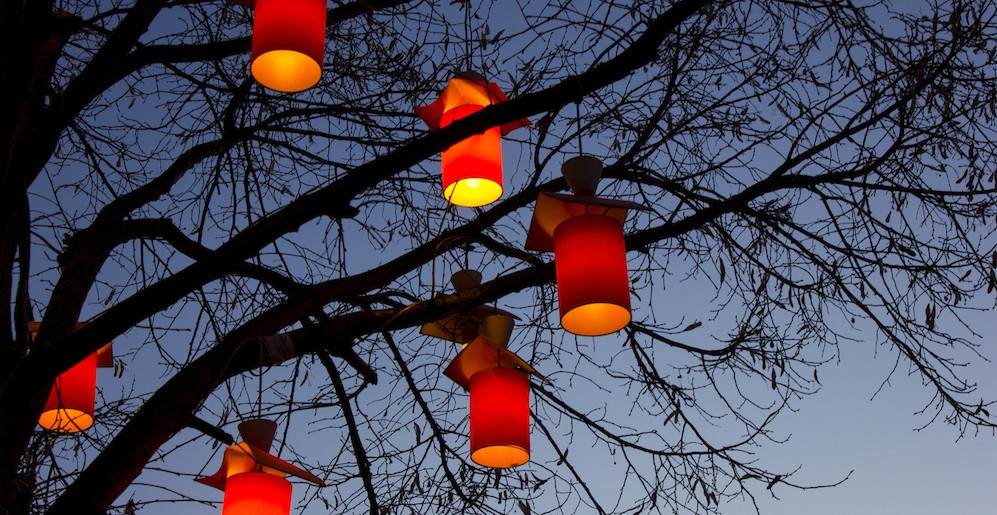Today marks the first day of summer and is considered the longest day of the year. From here, the days become progressively shorter as we get closer to winter—a season of the shortest days. Transitioning to shorter days biologically disrupts the internal body clock. For individuals suffering from memory loss and in dementia care, it can be hard to make that adjustment, throwing off their sleeping schedules and leaving them exhausted.
Some people with dementia are more agitated and anxious late in the afternoon or early evening. In some cases, they may become aggressive or delirious. This condition of the brain, evidently triggered by fading light, is known as “sundown syndrome” or “sundowning.”
The Alzheimer’s Association cites “as many as 20 percent of persons with Alzheimer’s will experience increased confusion, anxiety and agitation beginning late in the day. Others may experience changes in their sleep schedule and restlessness during the night. This disruption in the body’s sleep-wake cycle can lead to more behavioral problems.”
Managing Sundowning:
Though it can’t be prevented, sundowning can be managed by providing some basic memory support:
- Keeping the environment calm, relaxed, well lit and at a comfortable temperature
- Maintaining a schedule where he or she is routinely waking up and going to bed at similar times each day
- Making the most of the summer season by planning active days so when your loved one does retire for the evening, he or she will fall asleep more readily, minimizing restless nights
- Monitoring his or her activity for increased likelihood to wander
- Limiting or avoiding caffeine after morning, large evening meals, both naps and exercise late in the day, alcohol and smoking
If problems are hard to manage and persist, consult your loved one’s physician.
Alternative Support:
However, you may find this extent of supervision is becoming too much for you or your family, given your own schedules and personal health. Retirement communities, like Country Meadows, train their staff to be vigilant of these changes, particularly around the change of seasons. Here, we offer memory care support within senior living accommodations (even in assisted living and personal care) to keep residents engaged, safe and comfortable through socialization and activities.
As part of our staff training in dementia care, Country Meadows employs the Validation Method. Using this approach our staff listens with empathy and asks questions that help residents with memory loss fully express their concerns and frustrations. These conversations reduce anxiety and often lead to a resolution of worries and a willingness to enjoy interaction with others again.
If you’re researching memory care support in a Pennsylvania or Maryland retirement community, we hope you will consider one of our senior living communities. We have 10 retirement communities in Pennsylvania as well as a Frederick, Maryland retirement home. Please schedule a visit to meet our staff and learn more in how we can support your loved one and your family.
Learn more about and support today’s Alzheimer’s Association’s “Longest Day” fundraising events here.



